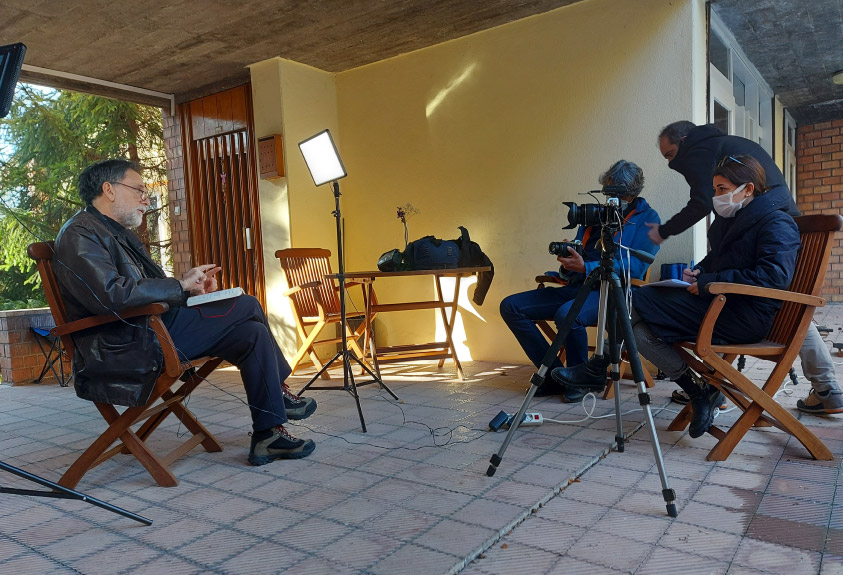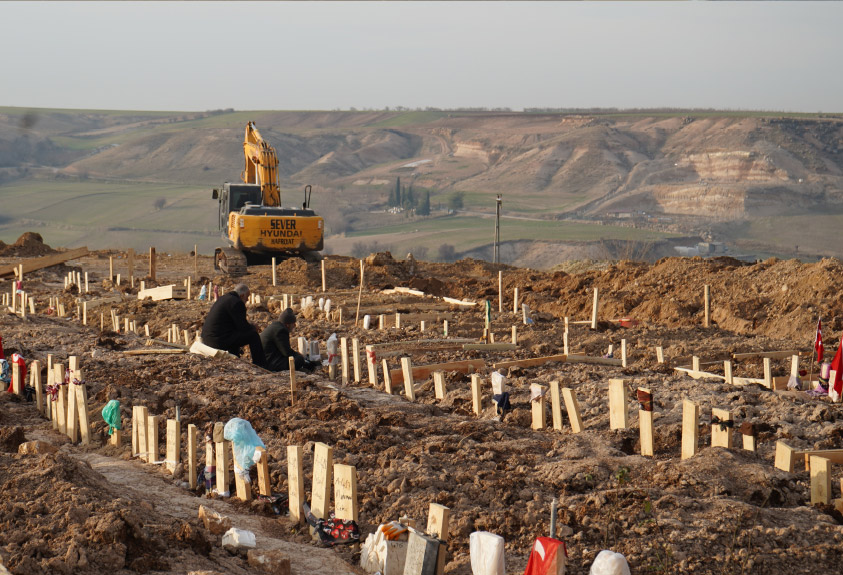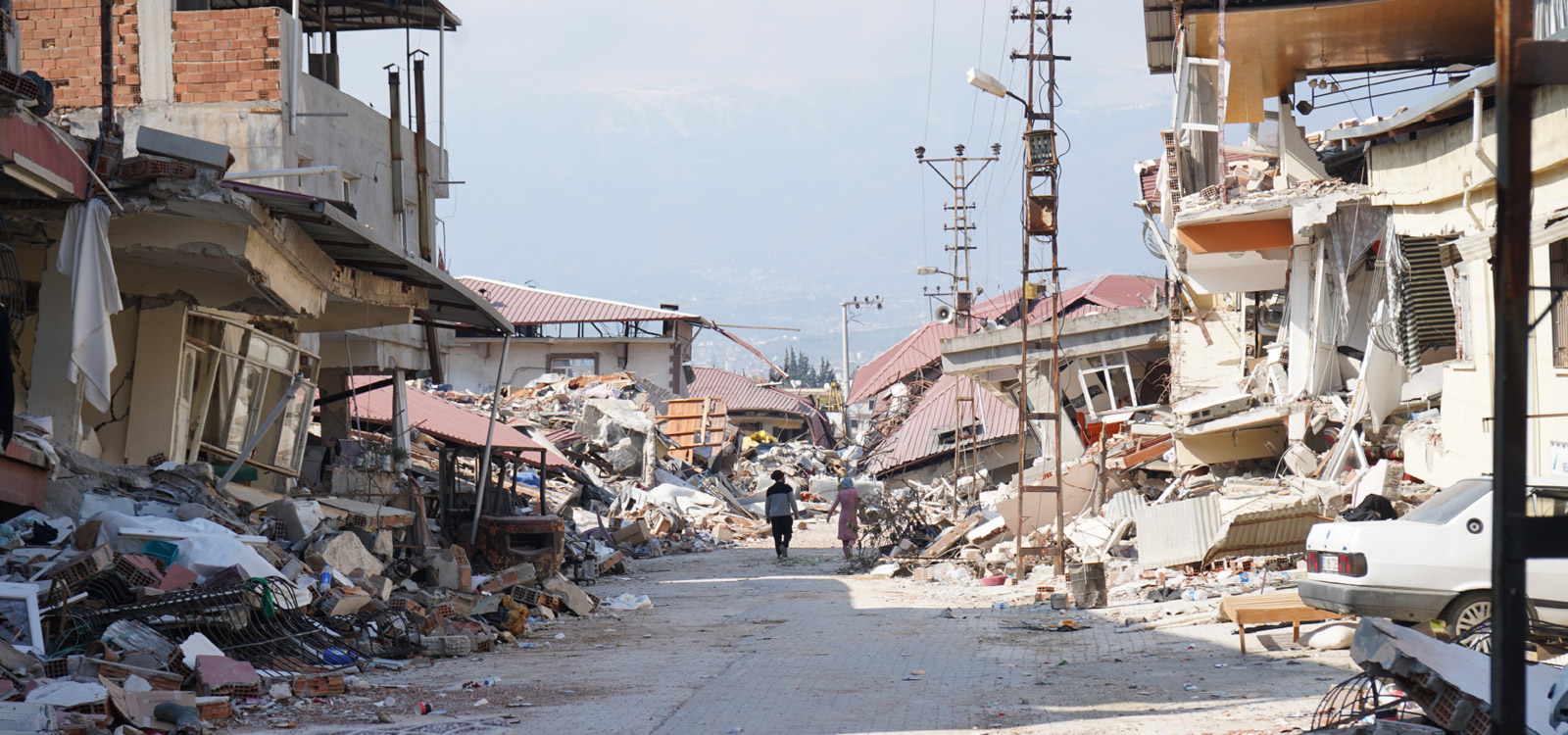CIVIL SOCIETY AND INDEPENDENT MEDIA IN HUMANITARIAN CRISES: THE TURKEY-SYRIA EARTHQUAKE
Civil society organisations can complement traditional humanitarian relief programmes, as they have track records within their societies and are trusted by citizens.
In these situations, local independent media also play a key role, providing on-the-ground timely coverage from what are often chaotic situations during natural or manmade disasters, informing affected people about the evolving situation, and holding local, national and international institutions accountable for their response.
In 2023, civil society and independent media responded to citizens’ needs and made sure that their voices were heard following the earthquake in Turkey and Syria in February.





